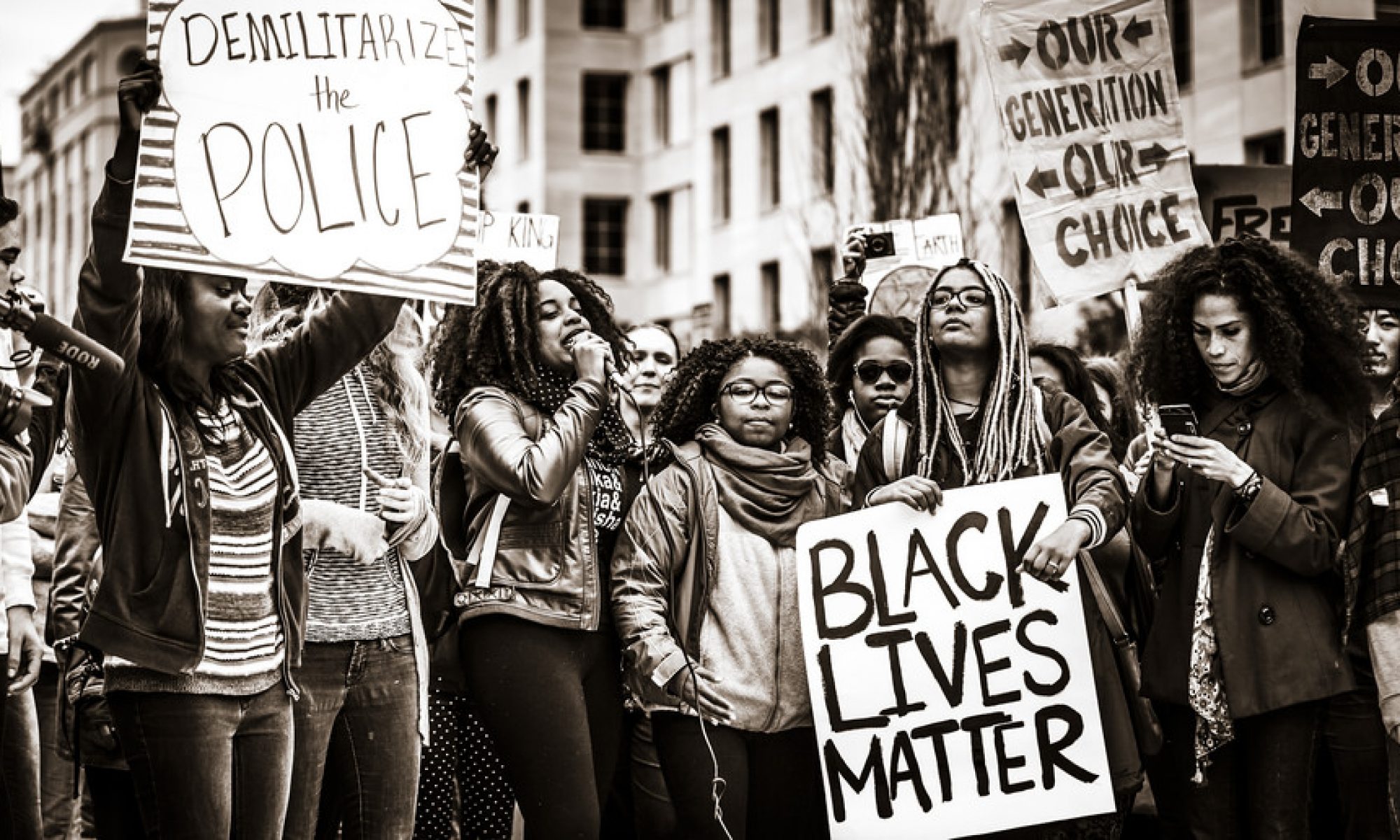The article, Black Women in Black Power, by PhD Professor Ashley Farmer is an interesting read. The article starts with mention of the limited recognition Black women experience in the fight against contemporary issues. Farmer sees the political and social activism of Black Women as historically rooted within the Black Power. Her piece analyzes the role Black Women played in (micro)mobilizing, organizing and agatized the 1950s and 1960s Black Power Movement. Much similar to the Civil Rights, the Black Power Movement played a major role in the advancements of Black people on an international dimension, political spectrum and psychological level. The heroics of these memorable moments are often associated to significant Black male leaders. In doing so we often forget the role Black women played in the movement. “Some joined national organizations and served in both rank-and-file and leadership roles. Others found a way to enact ideals like community control and self-determination through local neighborhood or welfare rights organizations.” The efforts of Black Women in the movement allowed for greater inclusivity within the movement by challenging “many organizations to adopt a more radical critique of racism, sexism, and capitalism.”
Farmer’s article does a great job of illustrating the important roles women such as Tarika Lewis (the first female Panther), Ericka Huggins and Elaine Brown. “As they organized, they challenged their male counterparts to rethink their commitment to patriarchal ideas of leadership, activism, and revolution, openly debating sexism within the movement and developing artwork and articles that framed black women as the consummate political actors.” The article then goes into discussion of the Third World Women’s Alliance (TWWA) as part of the “Black Power Feminists.” Rather than fighting equality on one front, the incorporation of women in the movement helped fight oppression on all fronts. The author ultimately makes the argument that these grassroot female activists are who paved the way for Black women activists today. In doing so, Farmer encourages readers to refrain from seeing the contemporary political activism of Black Women as a new phenomenon. Instead she shows readers how their efforts are in fact rooted to common activism practices conducted by Black women throughout American history.
